Adorned Realness for Entertainment
Looking Behind the Mock-up World of Reality Shows
February 2, 2023
Fiction makes good content, but something even more enthralling is a glorified version of our own lives. Contrary to the early 2000s culture where celebrities starred in reality TV, dating shows starring civilians rose to be the new attention grabbers. As the tides of our pop culture take a turn, influencers get as much recognition as regular celebs, sometimes even having a more significant impact on social trends.
A reality show is a genre that documents purposefully unscripted situations and authentic reactions. The main point is that they are unstaged, providing a heightened sense of relatability to the audience, unlike other genres. In the past, people enjoyed watching celebrities’ daily lives through these programs, but now, love shows with non-celebrity casts like Heart Signal, Transit Love, and Divorced Singles top the charts. Over sixty series attracted the public’s eye in recent years, and their popularity seems evergrowing.
So, what’s the hype of this new take on reality shows? Compared to superstars, the audience can find a more genuine connection with everyday, run-of-the-mill influencers. The unexpected balance between commoner roots and superstar extravagance entices the viewers. Watching these strangers struggle through emotional ups and downs fulfills the audience’s desire for ecstatic, eventful moments.
These types of shows are also convenient for the producers. Creating an all-influencer cast costs less money and does not overuse familiar faces. Additionally, it grants more authenticity. Because celebrities already have a massive, obsessive fanbase, the content producers can create is limited, with the risk of provoking rumors and online altercations among fanatics.
Korean idols and actors, especially, can’t openly display their romantic relationships because of an underlying culture that frames celebrities’ love lives as a betrayal to the fans who always yearn for their love. Contrary to this atmosphere, non-celebrities, admired for their dynamic relationships, are ‘shipped’ with other cast members, opening up the possibility of filming love scenes and attracting more views.
Knowing how quickly fame follows an appearance on TV, influencers nowadays trade their privacy for money and fame. When they get the chance, some promote their restaurants, individual fashion brands, and other personal businesses, while others hope to become the next Kendall Jenner. It’s almost like a shortcut toward stardom.
They certainly meet repercussions, though. Giving up privacy while the show is on air may not be that hard, but the aftermath causes the real problem. Transit Love, a dating program that received lots of attention from the public, recently ended; but its cast remains under the spotlight. In general, influencers and their private lives get exploited by fans. Extremists follow them around, take videos, and many have officially crossed the line of stalking – both in person and online.
The situation exacerbates as these rising stars don’t get protection from agencies like real celebrities, and their safety isn’t guaranteed. Even a civilian uploading a profile picture on social media can be exposed to online bullying and privacy violations; imagine being on national television without personal protection.
What’s worse is how people comment on the influencers’ reactions to these situations. If the rising stars turn down their fans, hate comments congregate under every social media post. The public considers them condescending and narcissistic if they act like celebrities and live up to their name.
Even though reality shows are known for their authentic reactions, the audience views a selective part of the possibly scripted actors; this role largely differs from an actual person reacting with genuine emotions. Many viewers quickly judge and criticize reality stars after watching a few minutes of their actions that appear on screen, like the story of an elephant and a blind man. What they need to realize is that, unlike characters from fictional stories, these personalities they see on screen have emotions and can get hurt by hateful comments.
Reality television doesn’t always portray the content it should. The public gives more attention to provocative subject matter that seems borderline fiction. To meet these standards, writers started faking drama.
Streaming sites pump out dating shows that focus on sexual undertones rather than romance, and directors edit scenes to spice things up. Recently, a production called Teenage Parents got criticized for ‘악마의 편집’ (purposefully editing parts of a video to fuel a secret plot the producers planned amongst themselves). One of the parents revealed that the director requested the cast to act by the script, forcibly portraying her as a clingy and obsessive wife.
A reality show, by definition, documents raw moments. When acting and edits get involved in making fake stories, the entire purpose is obliterated. Not only that, but the viewers also receive a dangerous message of what real life should look like, normalizing toxic and negatively exaggerated behaviors. Moreover, viewers dump out the intense emotions picked up in the drama onto the cast, who are just ordinary people off-screen. It’s time directors learned what ‘reality’ actually means.

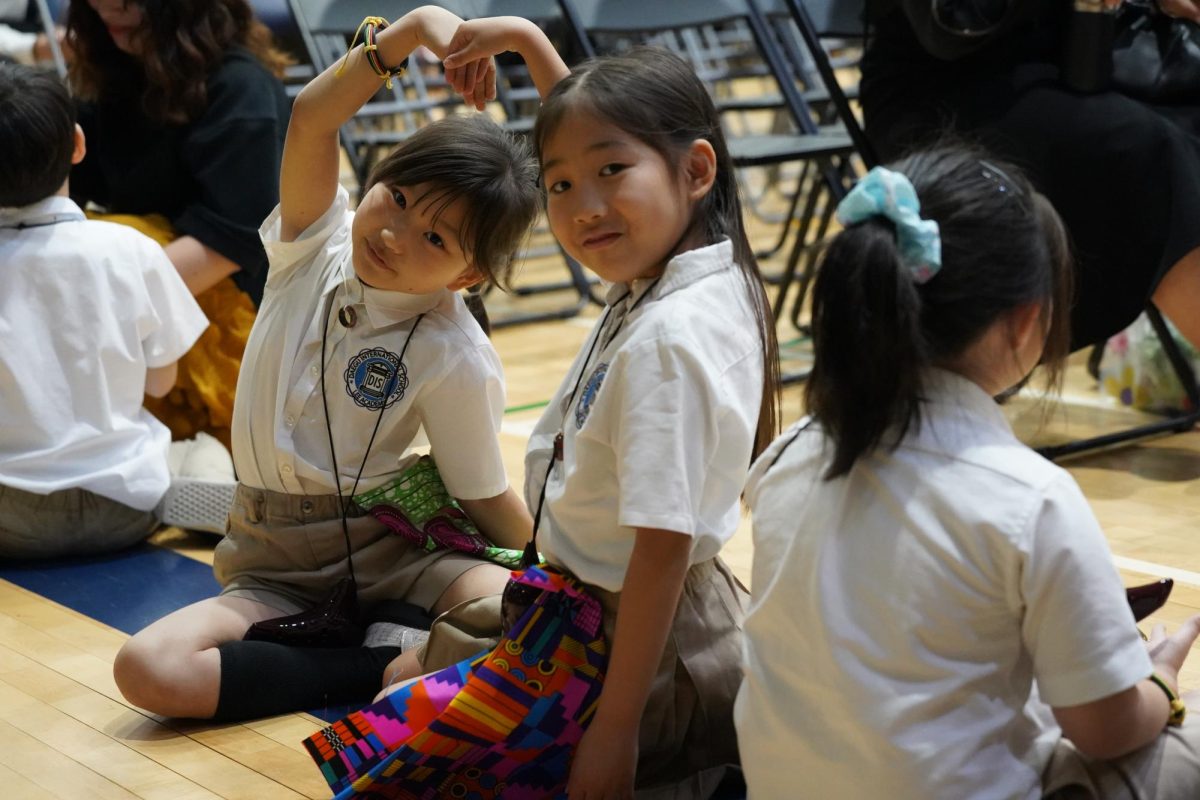


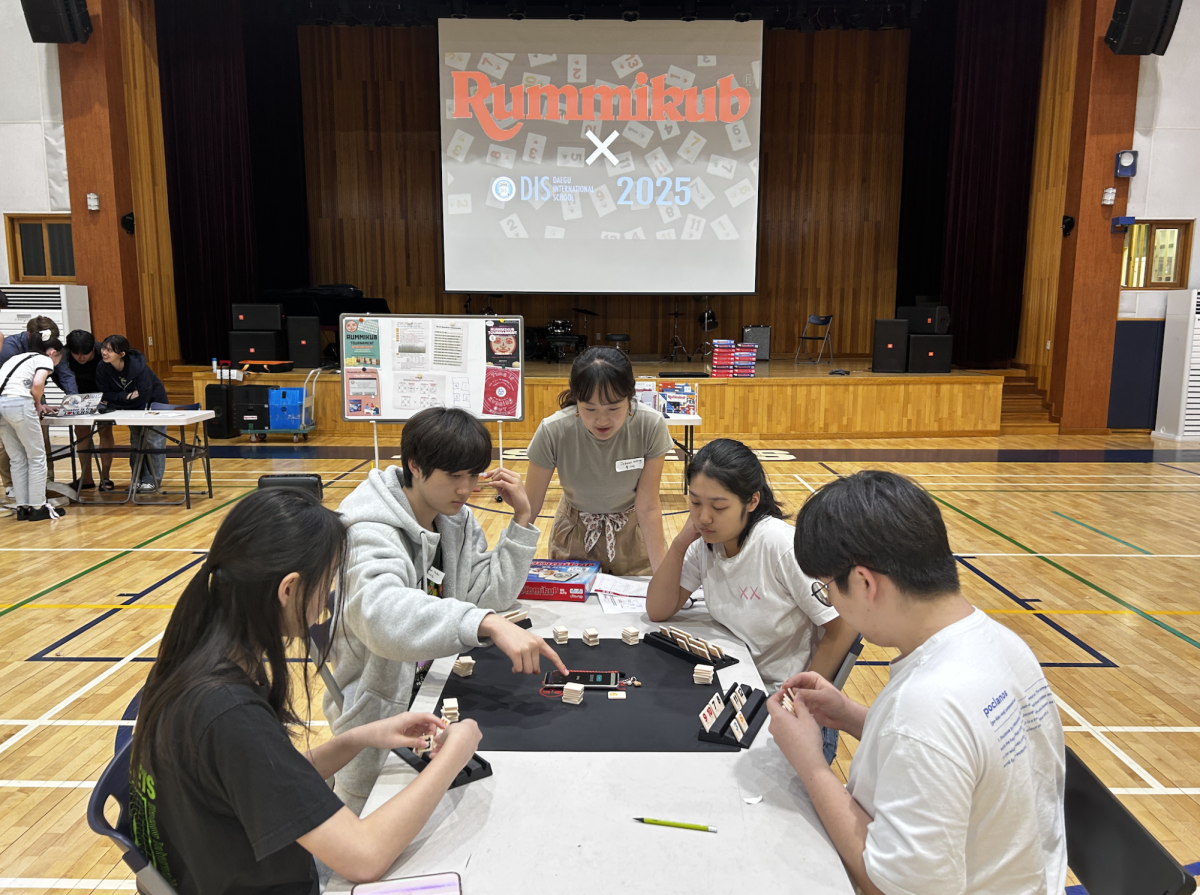
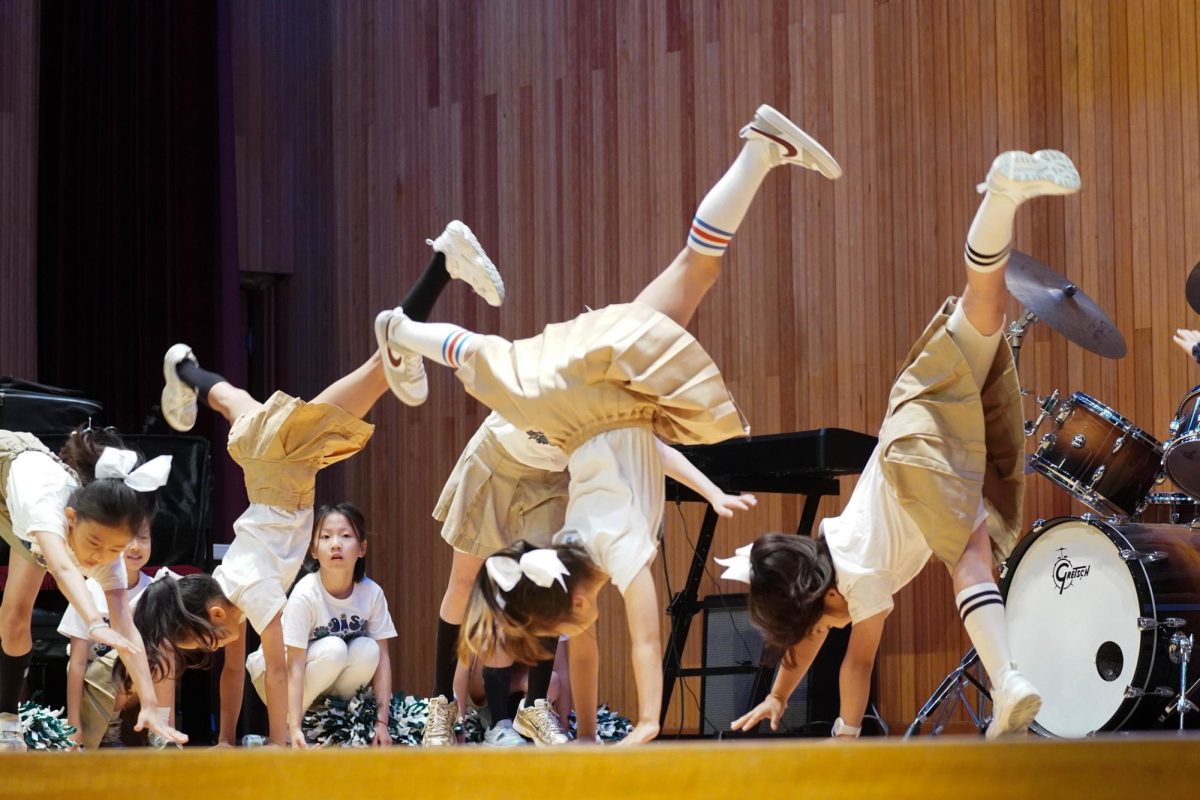
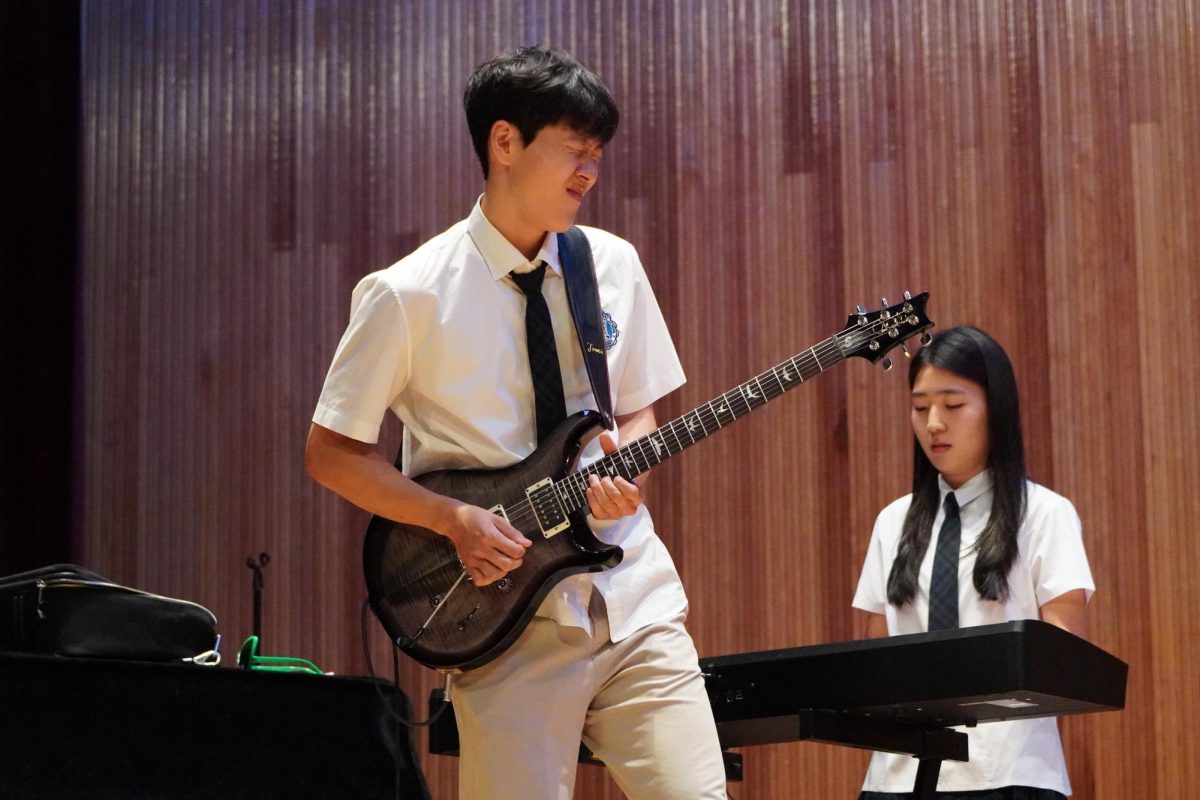



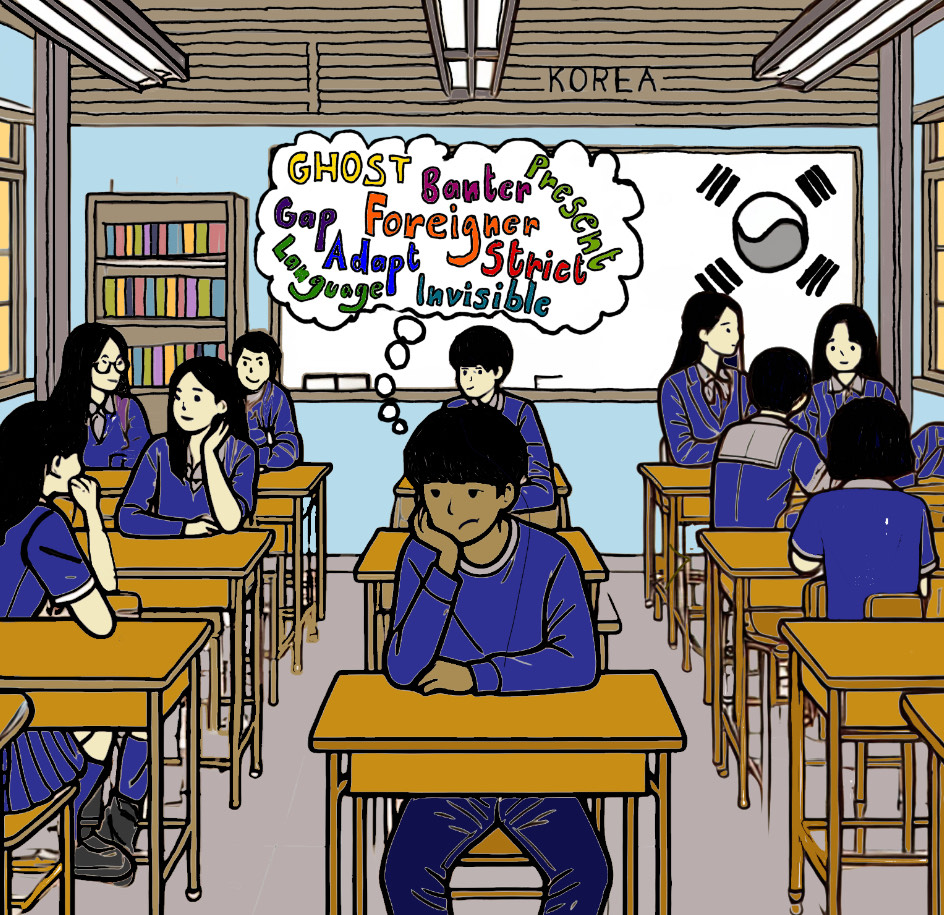










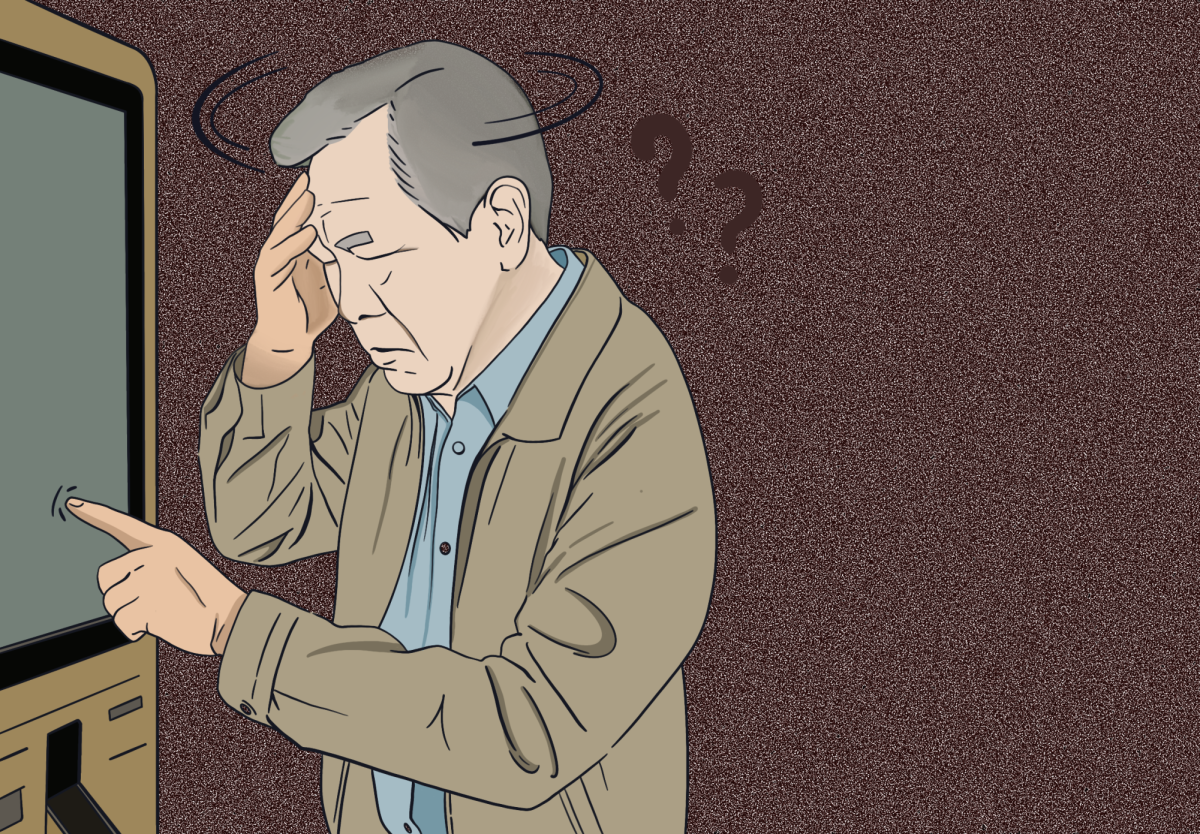


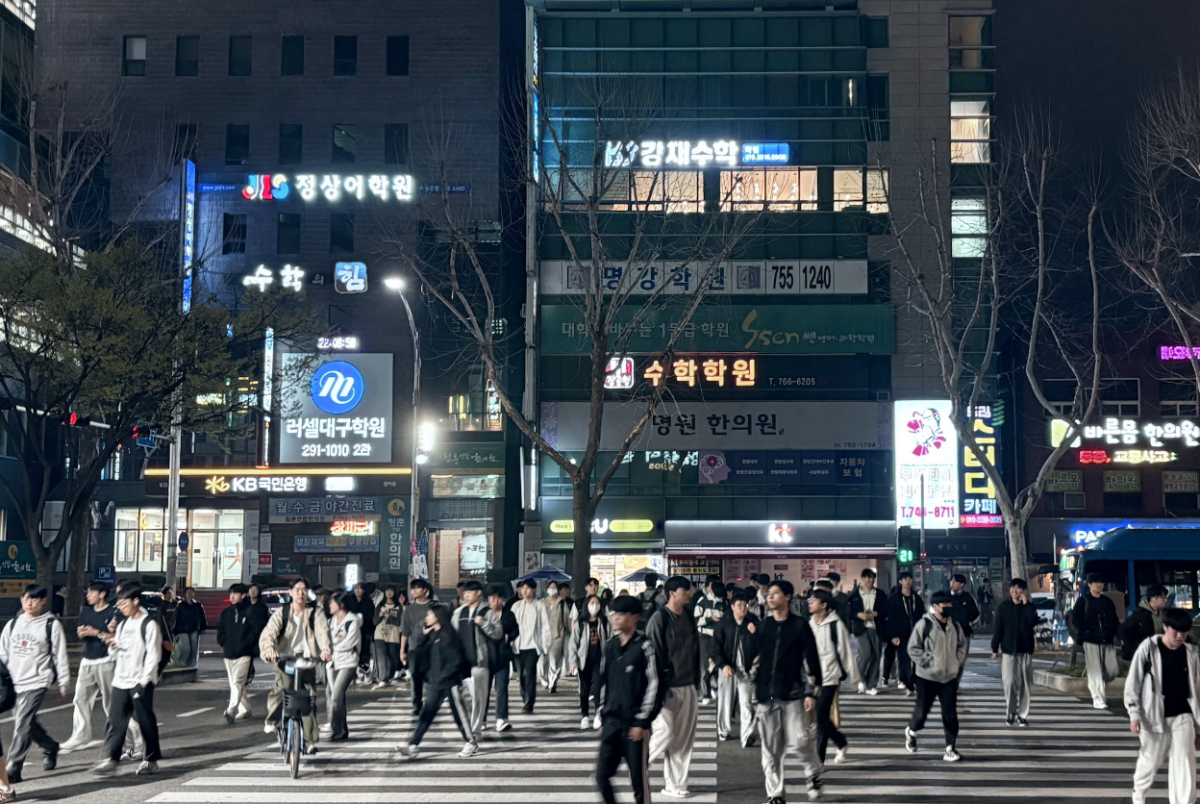


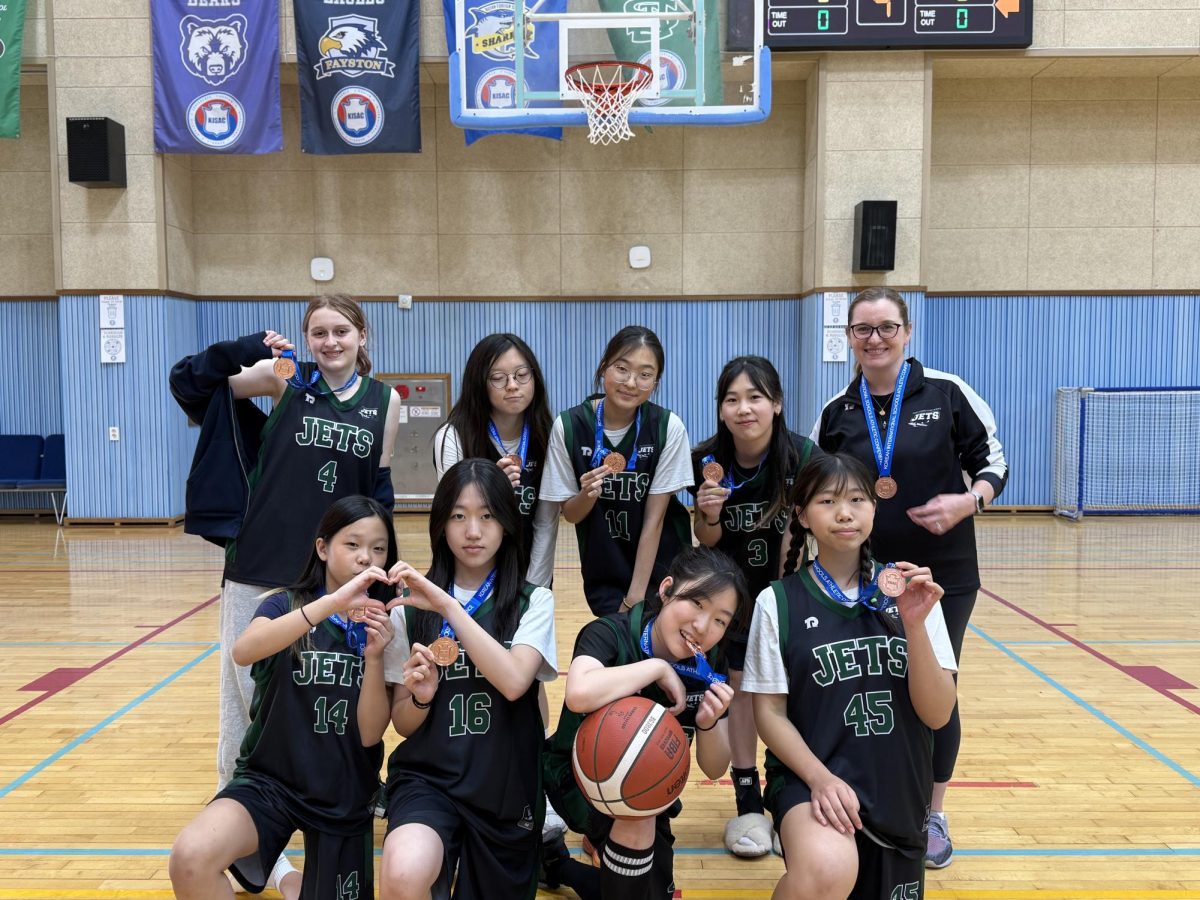
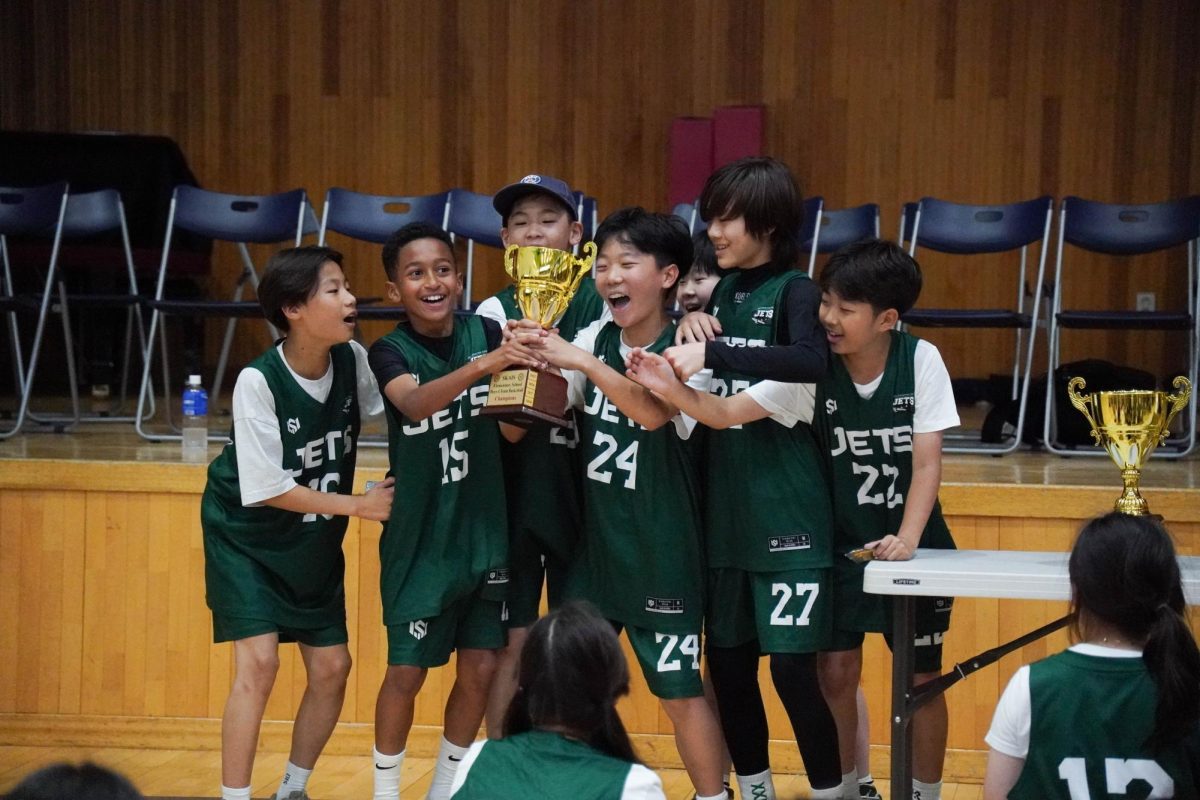







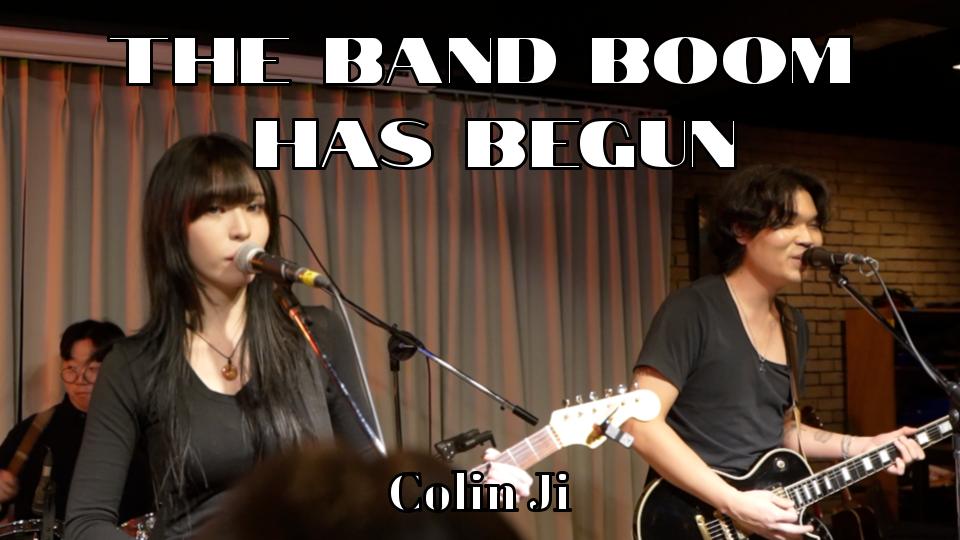
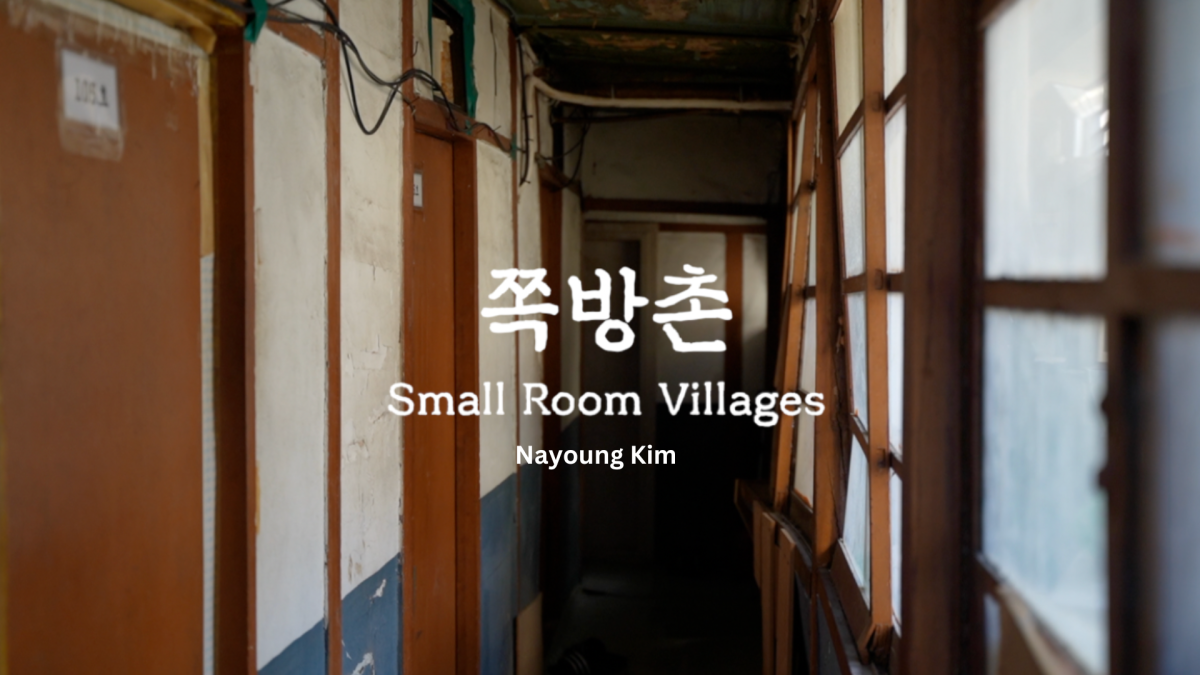
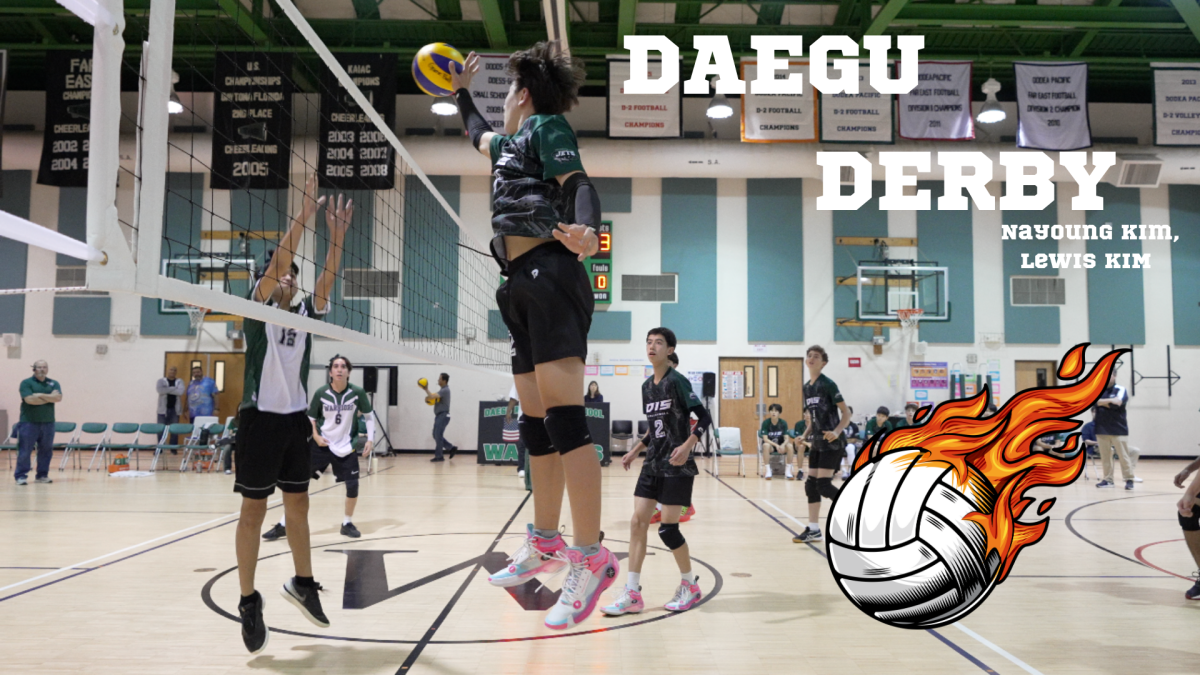

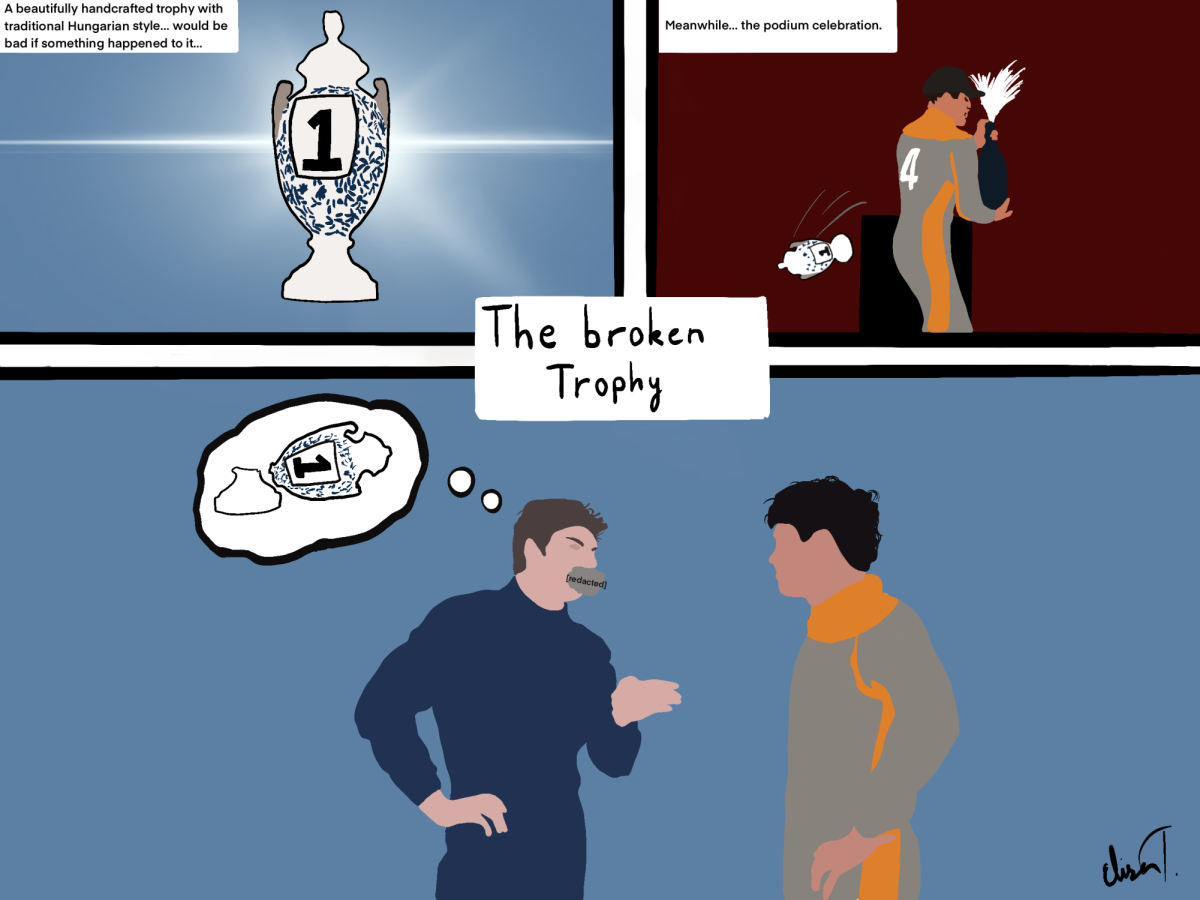
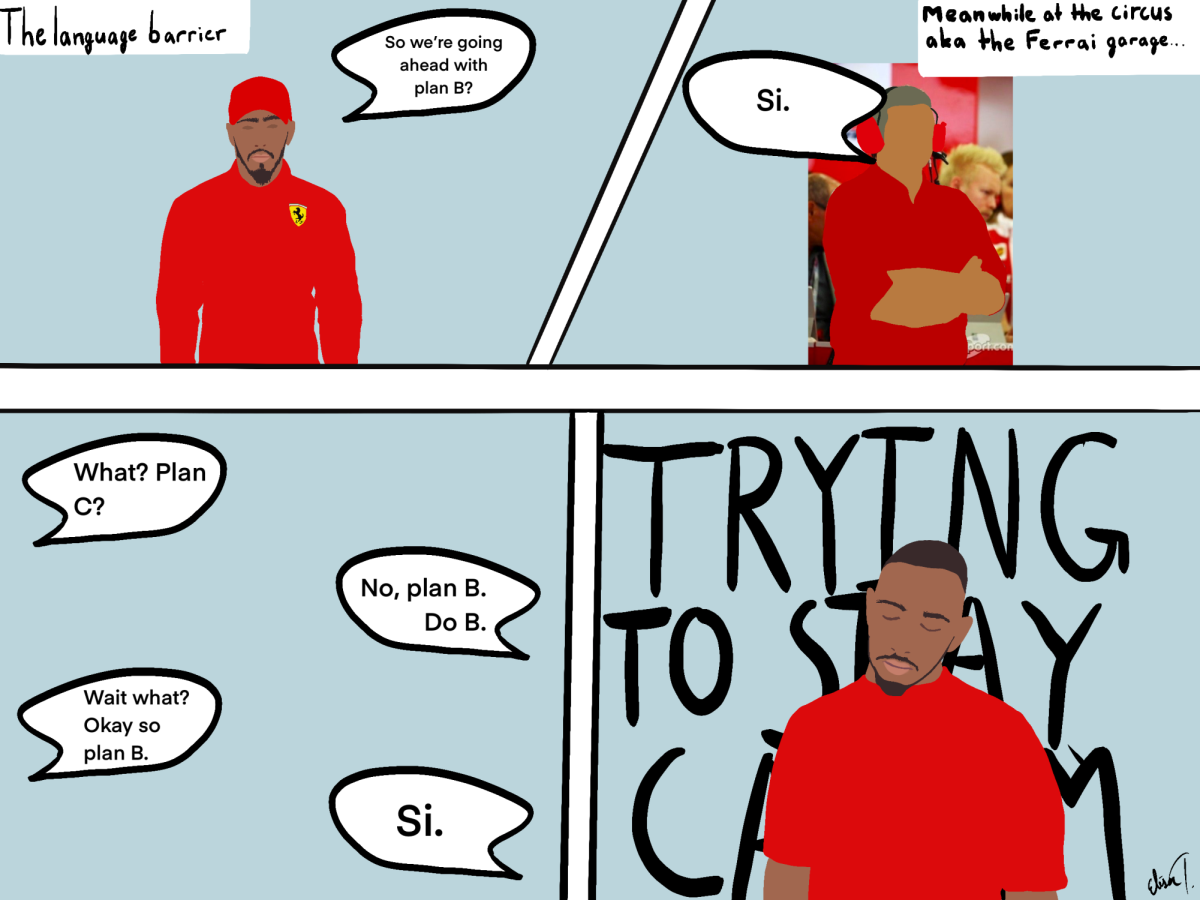
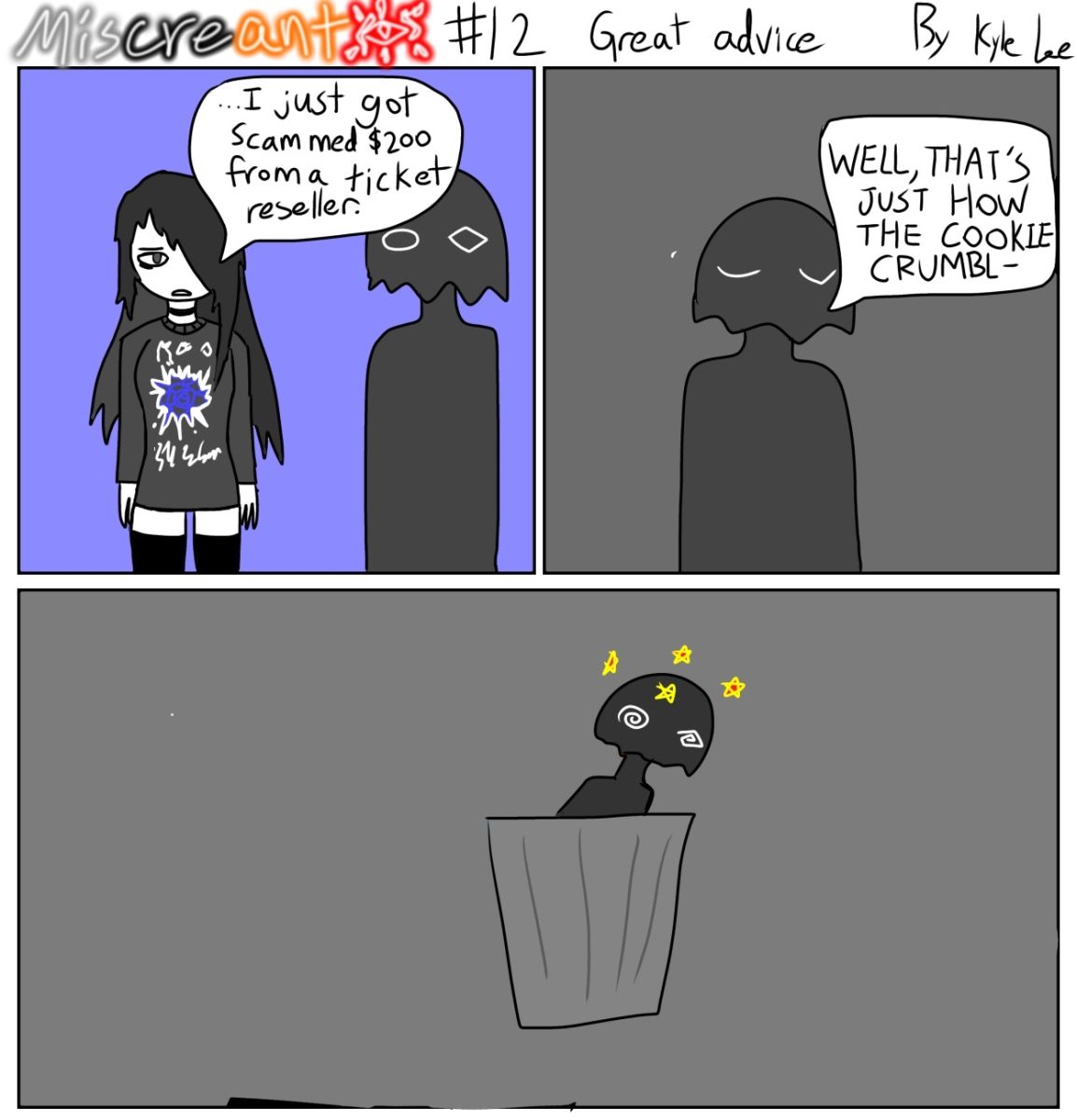
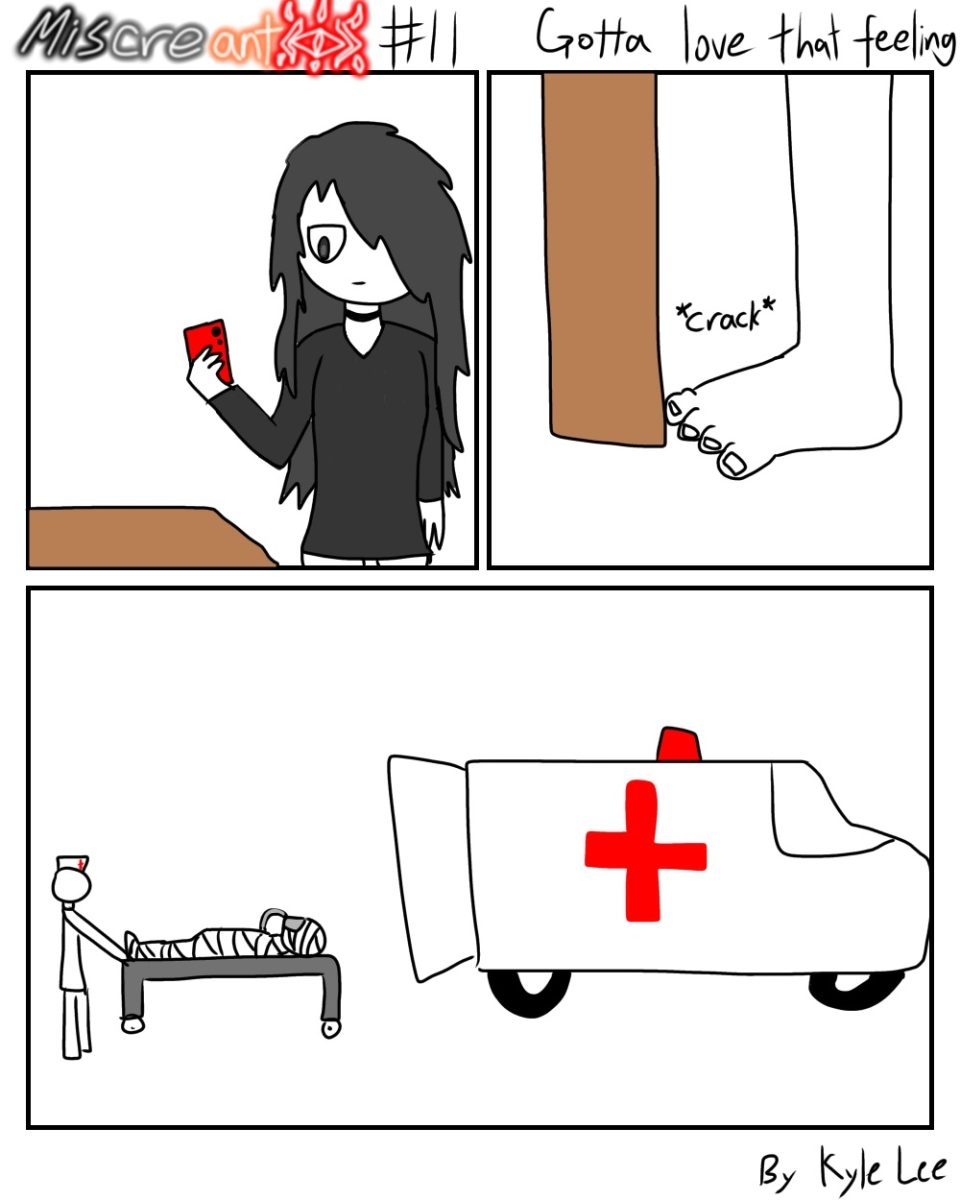


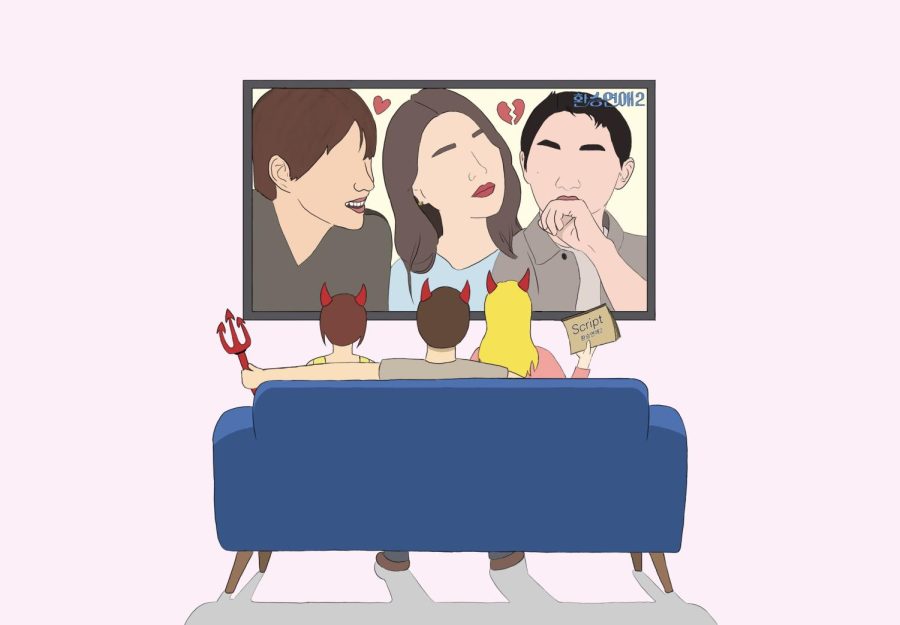

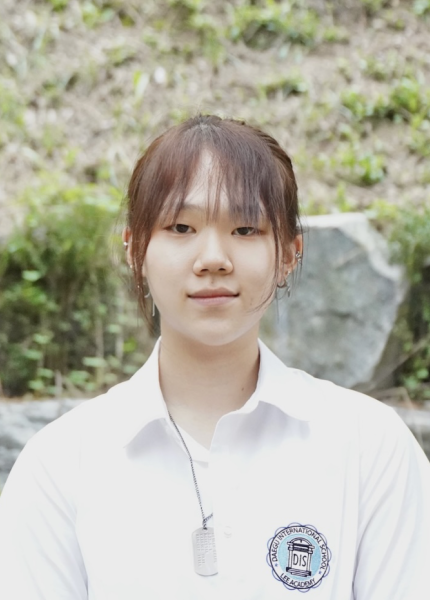




Kevin • Feb 2, 2023 at 6:31 pm
Also, I think “Teenage Parents” is WAY too inappropriate, seeing the title.
Ms. White • Feb 2, 2023 at 7:55 pm
I guess it depends on what the show is about. If it shows how hard it is to be a “Teenage Parent” and why should it should probably be avoided, it might do some good.
Kevin • Feb 5, 2023 at 4:56 am
I agree. If it is about why teenage parenting should be avoided, it would be fine, but if it encourages being a parent as a teenager, it might be inappropriate, as I said.
Kevin • Feb 2, 2023 at 6:27 pm
If the directors decide to “spice things up”, they should probably revert that decision and focus more on the reality of relationships, intimacy and everything related to love.